Across the country, many states and cities deal with the issue of hard water. Much of this hard water results from the limestone underneath the ground.
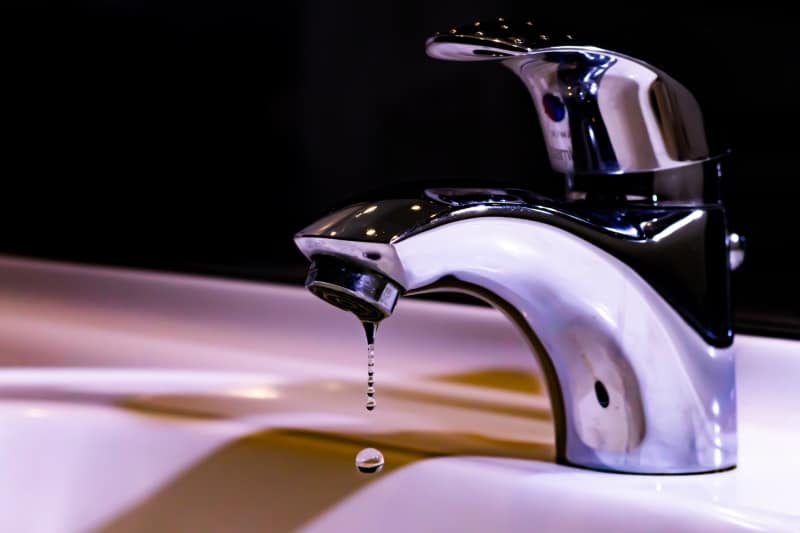
Image Source: unsplash.com
There’s an excellent chance your property has this issue too. Continue reading to explore the best tips for dealing with hard water in your home.
What Is Hard Water?
When water has a high abundance of magnesium and calcium, two naturally occurring minerals, it’s known as hard water. The greater the concentration of these minerals in the water, the higher it will grade on the hardness scale.
Many water sources run through rock formations that dissolve substantial amounts of these minerals into the supply.
What Are the Effects?
While hard water doesn’t present any significant health concerns, it can still offer a host of issues in your home. For one thing, it can cause your skin and hair to dry out after taking showers or baths.
You’re also very likely to notice scale buildup and stains on dishes and fixtures that can be hard to get rid of.
Whole-Home Water Softeners Is Your First Line of Defense
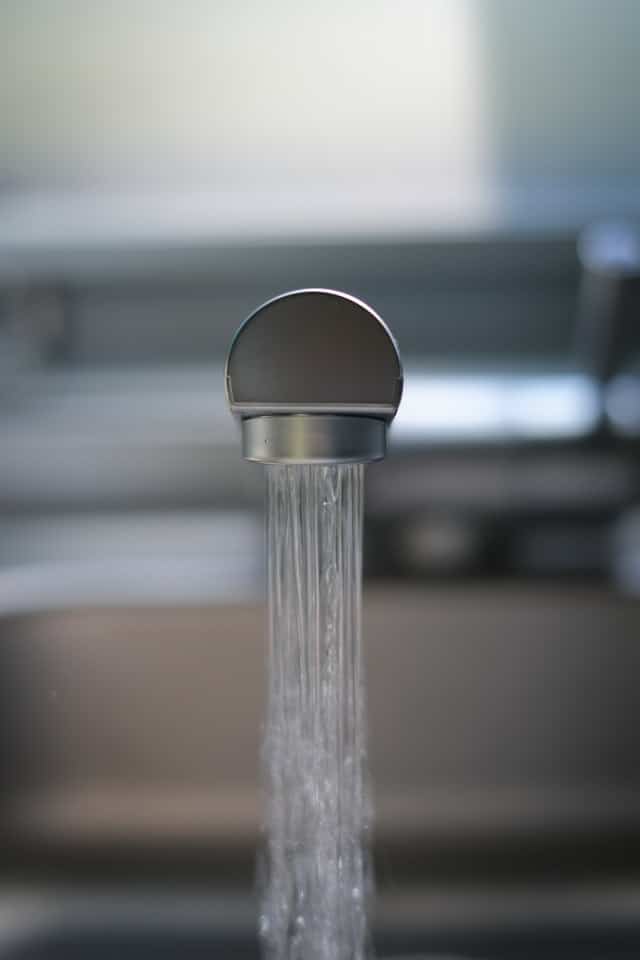
Image Source: unsplash.com
Installing a water softener is one of the most effective ways to improve your water quality and remove hard minerals. A water softener is a whole-house filtering system that uses an ion exchange method to extract hardness-causing calcium and magnesium minerals directly where the main water line enters your home.
That way, you can ensure every faucet, showerhead, washing machine, and dishwasher avoids any problems caused by hard water.
Utilize Hard Water Cleaning Agents To Eliminate Soap Scum
Hard water minerals can combine with the chemical composition of soap to form “soap scum,” making it hard to keep clean. Soap scum, also called lime soap, is a whitish solid buildup that you might find on faucets, drains, tiles, shower doors, and bathtubs.
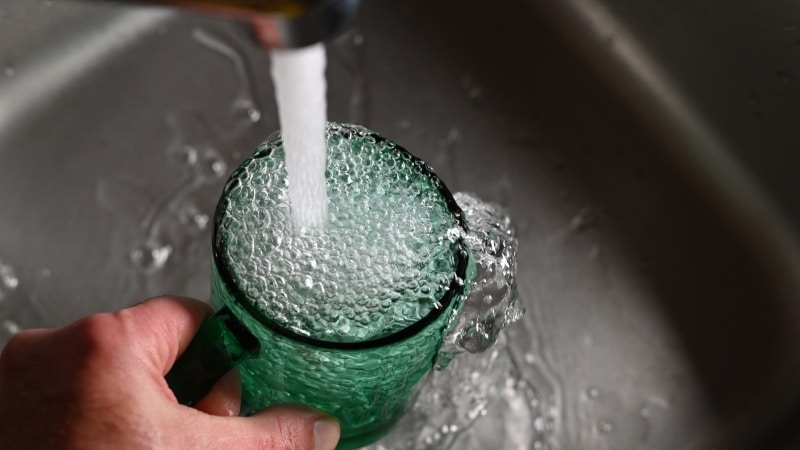
Image Source: unsplash.com
When you notice these problems, use a hard water cleaning agent that incorporates a solution that counteracts the positive calcium atoms in hard water, making it simple to rinse away soap.
Use Washing Soda in Your Laundry Machine
One of the most effective ways to handle hard water when doing laundry is to use washing soda. Washing soda is a chemical solution made of sodium carbonate that softens both interim and permanent hard water.
It makes it much easier for the detergent to lather up and clean your clothes when you apply it to your laundry loads.
Applying some of the best tips for dealing with hard water in your home can help with keeping bathrooms and kitchens clean, improving the flavor of your drinking water, and maintaining the health of your skin and hair.
Hard water may be a significant nuisance, but if you take steps to address it, you’ll see enormous benefits in a variety of areas of your life at home.
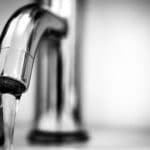

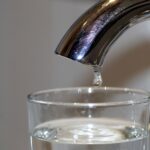

Leave a Reply